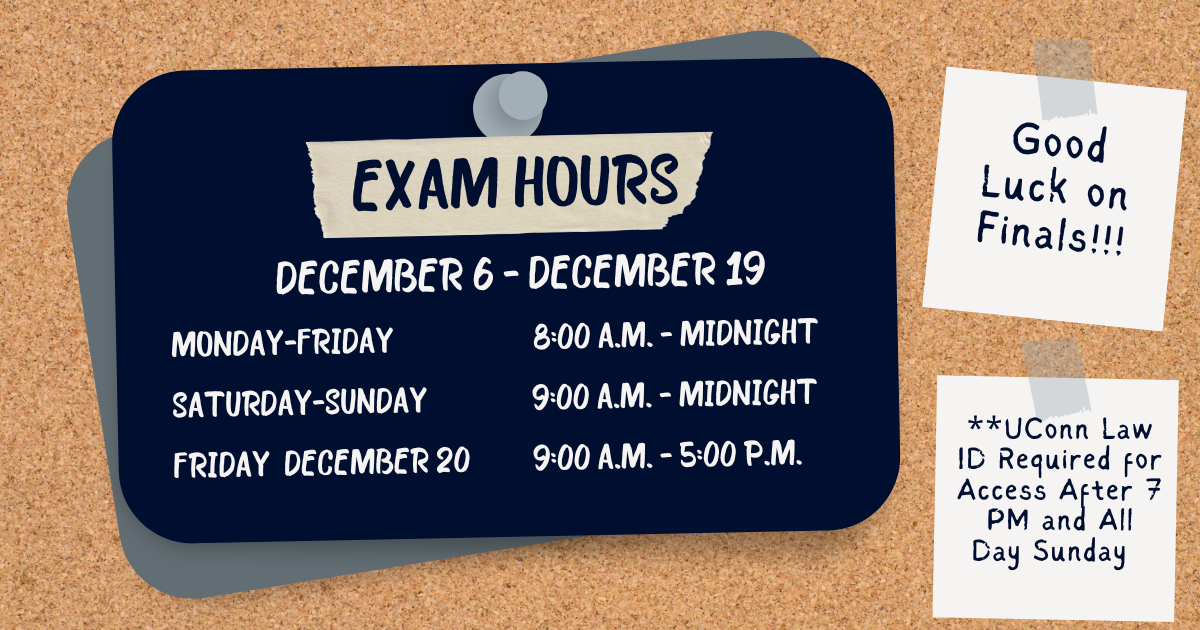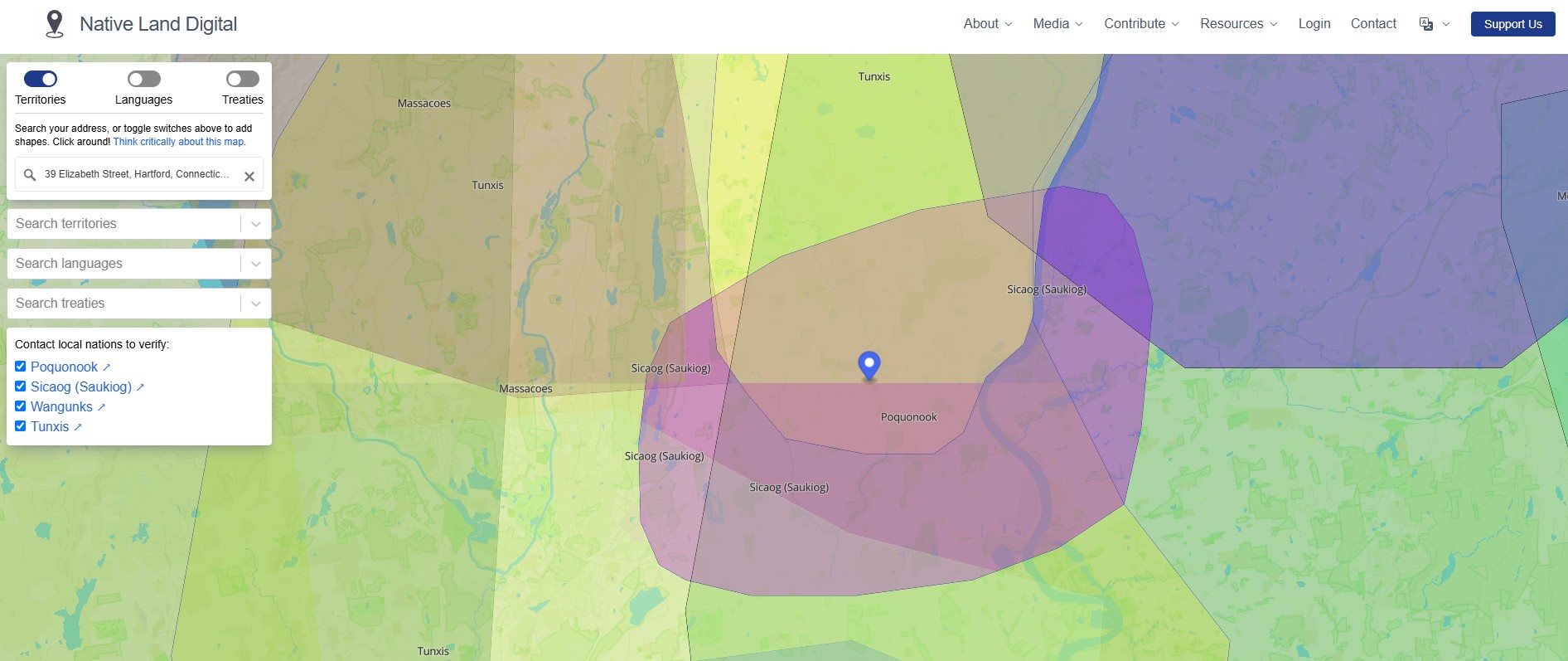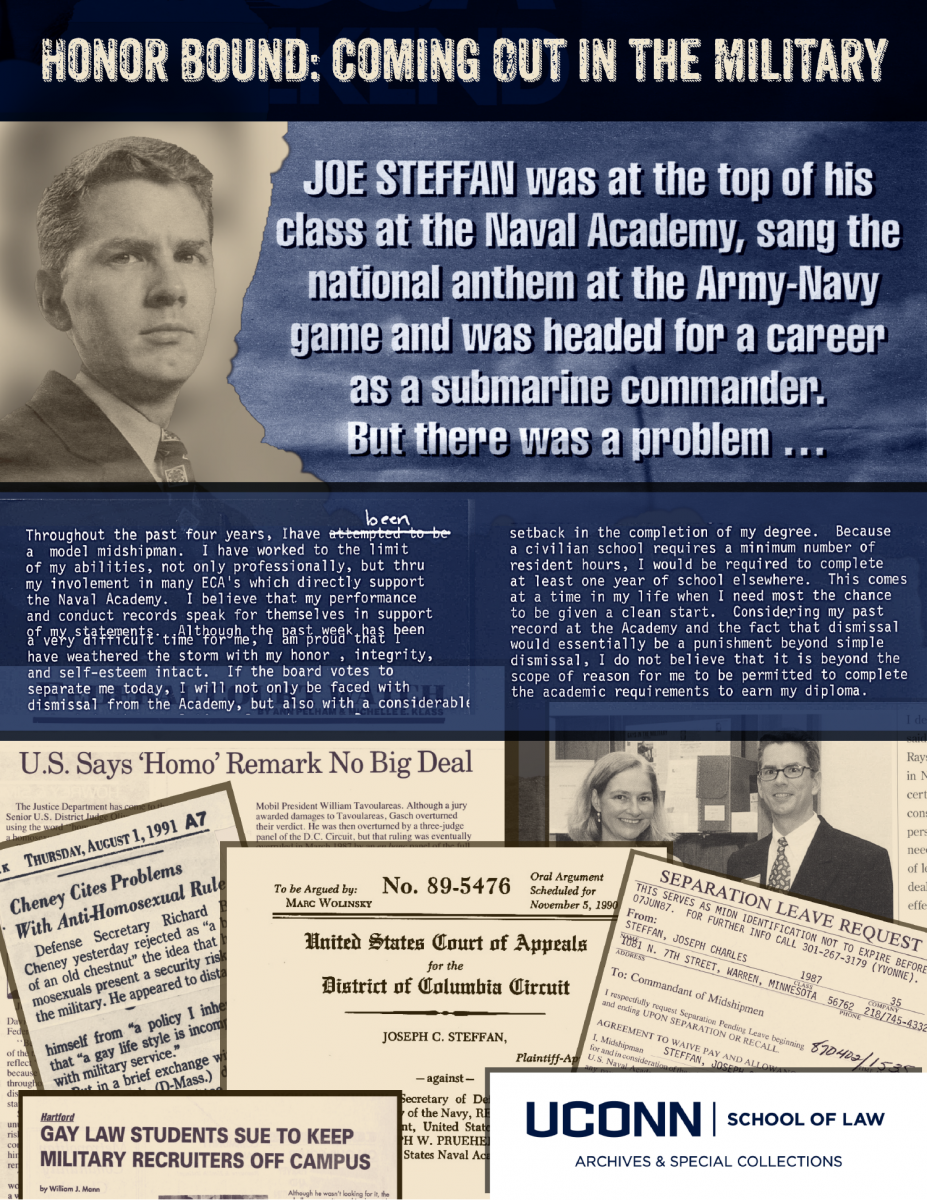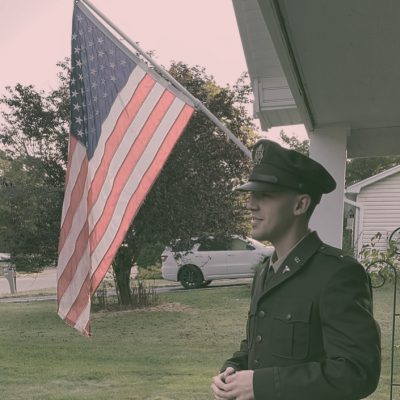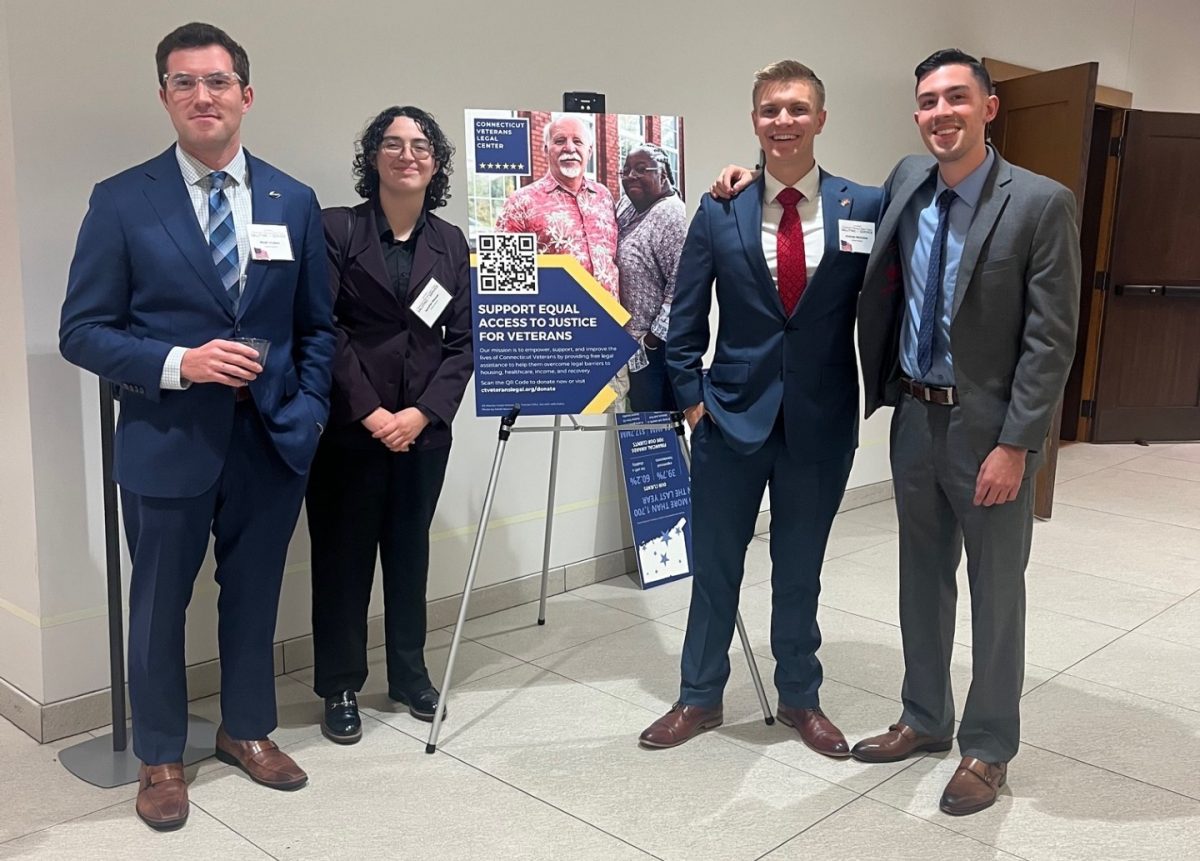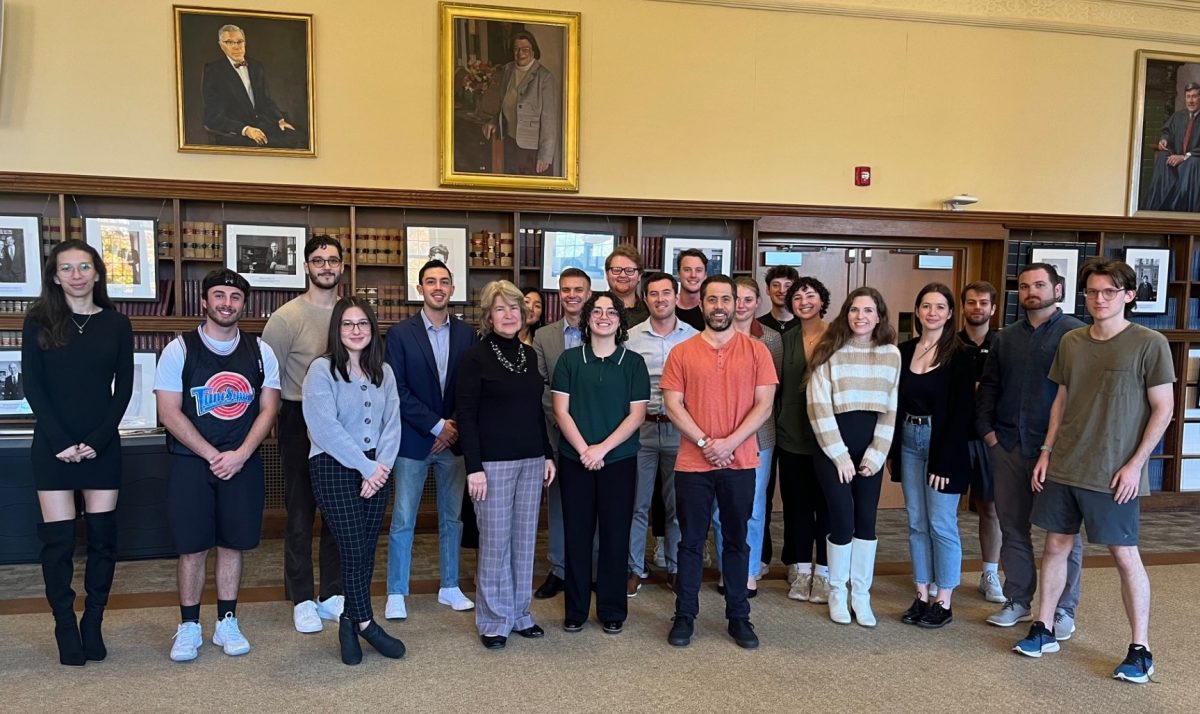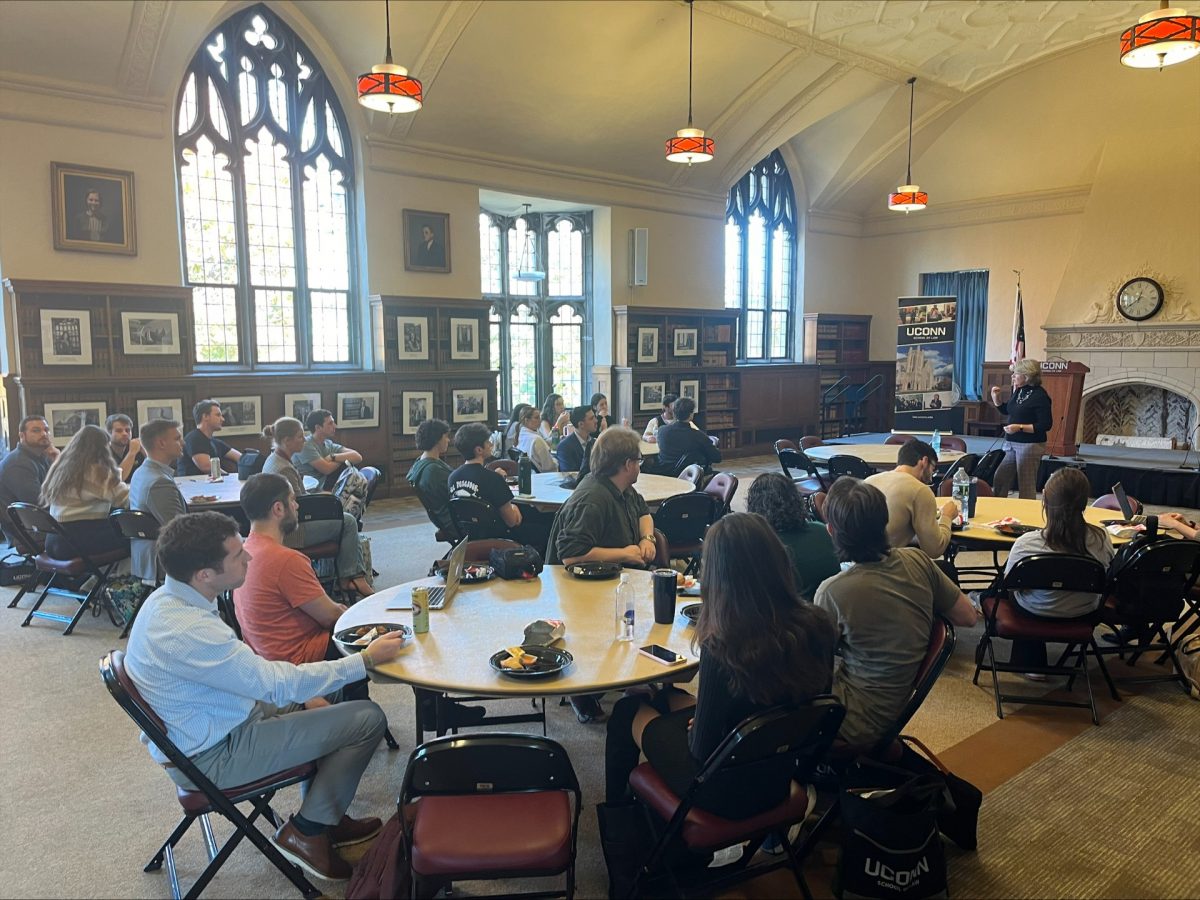As election season unfolds, the aftermath often brings its own set of challenges, particularly concerning the validity of the results. Challenges to election results can arise for various reasons—ranging from allegations of voter fraud to disputes over the counting process. We’ve gathered some resources that summarize and explore the legal framework surrounding election result challenges and their implications. There are a number of open access resources to help with your research questions.
Case Tracker
The Ohio State University Moritz College of Law tracks pending and resolved election cases from across the country. You can browse a list of cases, search by case name, or filter by jurisdiction and topic. This resource provides case summaries and court filings.
50 State Surveys
The National Conference of State Legislatures has assembled state laws from across the country on topics including absentee voting, voter ID requirements, felon voting rights, election recounts, poll watching, and the Electoral College. For some of these topics, the laws are synthesized and displayed in tables and infographics that allow for easy browsing and comparing.
U.S. Voting Laws & Legislation Center
A free, publicly accessible tool for locating U.S. federal and state voting and election law and for tracking proposed legislation on the topic. This voting law tool is provided by the LexisNexis Rule of Law Foundation to provide citizens with free access to the most comprehensive collection of US voting laws, and legislative developments.
HeinOnline Database (UConn Law Students, Faculty and Staff)
HeinOnline Voting Rights & Election Law
Browse and search through a collection of thousands of subject-coded titles that illustrate the nuances and complexities of elections and voting systems—the lifeblood of democracy—both in America and across the globe.
For additional insight, check out the UConn Law library display and make sure you get out there and vote!!!

